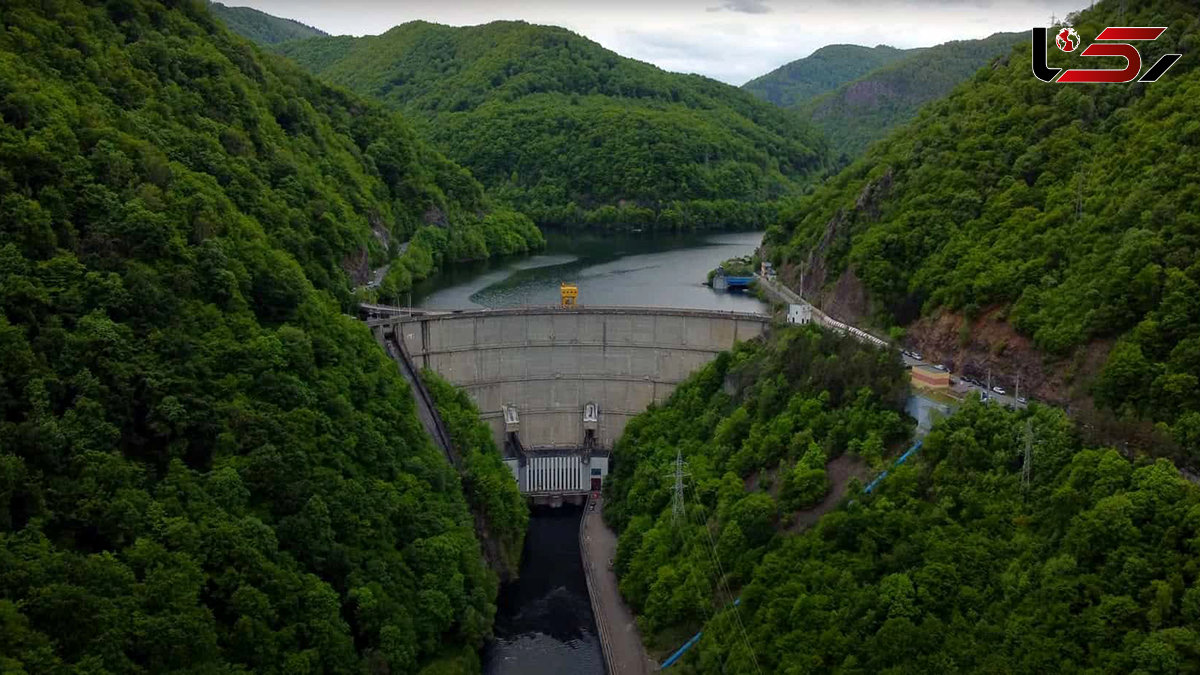China’s Smart River Management Gains Global Recognition
Rokna Social Desk: China’s use of intelligent technology in river governance is drawing global attention at the 2025 Great Rivers Forum in Wuhan, as experts highlight AI-driven flood control and digital solutions.

According to Rokna, citing Xinhua China's use of intelligent technology in river governance is attracting global interest as experts and officials gathered in central China's Wuhan for the 2025 Great Rivers Forum amid mounting climate challenges around the world..
On Friday afternoon, Lu Hui, professor at the Department of Earth System Science of Tsinghua University, presented new applications of digital technology in mountain flood control at a parallel forum on the sustainable development of great river civilizations in the era of digital intelligence.
"China has 570,000 mountain flood risk points, and many mountainous areas lack effective monitoring methods, leading to delayed responses," Lu said. He highlighted an intelligent early-warning platform that integrates radar, satellites and AI algorithms to track rainstorms, simulate flood processes, and deliver timely alerts. The system, which was tested during the extreme rainfall event in Beijing in 2023, has greatly enhanced forecasting accuracy and supported emergency response efforts.
Lu said the approach is also cost-effective and can be applied beyond China. "With drones, we were able to complete sub-meter modeling of more than 140 flood gullies across Beijing in just over a month," he noted. "China's experience in managing mountain floods is now ready to be shared with other countries."
The presentation drew strong interest from Ratna Rajah, director of the Humid Tropics Centre Kuala Lumpur under UNESCO. Holding up his phone to record Lu's speech, Rajah later sought further discussion with the Tsinghua professor. "If we start from zero on water governance, we could already be 10 or 20 years behind, but through platforms like this, we can stand on the shoulders of experts," Rajah noted.
Rajah said that Malaysia, with an average annual rainfall of 3,000 millimeters every year, faces growing challenges from climate change. "Previously, rainfall of around 120 millimeters would typically spread over three hours. But now, we're seeing the same amount fall within just one hour. This intensity is putting a strain on our drainage systems," he said.
"We're exploring the underground storage, similar to the 'Sponge City' concept implemented here in Wuhan. This is an area we're very interested in, and I'm also working with my colleague here to study the concept further," Rajah added.
Digital transformation was also a key point of discussion. Philippe Gourbesville, president of the International Association for Hydro-Environment Engineering and Research, said he was impressed by China's digital twin systems for the Yangtze and Yellow rivers.
"The digital twin will provide the right information to the decision makers to be sure that the right decision will be taken ... The expectation of this digital transformation is to provide better services at the end and to have more reliable services," Gourbesville said.
The forum also highlighted the cultural dimensions of river governance. Spanning 30 world natural and cultural heritage sites, the Yangtze River National Cultural Park's construction is in full swing. During the forum, experts shared how China is using AR, VR and AI technologies to preserve and showcase ancient cultural heritage along the river. These technologies ensure that traditions remain visible and accessible in the digital age.
"This integration of cultural revitalization and ecological continuity reflects China's traditional wisdom of harmony between humanity and nature, and provides a Chinese solution for global sustainable development," said Ren Hui, an official with the Yangtze River National Cultural Park.
China has actively supported the United Nations 2030 Agenda for Sustainable Development and has worked with partner countries to establish multilateral mechanisms such as the China-EU Water Policy Dialogue and Lancang-Mekong Cooperation, promoting reforms in global ecological governance.
Chinese companies have designed or built major water infrastructure projects, including the Karot Hydropower Station in Pakistan, the Kaleta Hydropower Station in Guinea, and the Upper Atbara Water Project in Sudan. These projects have helped local communities enhance their water supply and improve electricity access, benefiting millions of people.
"River governance should not be carried out behind closed doors," said Wu Changhua, chair of the Governing Council of the Asia-Pacific Water Forum Governing Council. "We have much to learn from each other. And our mission is to link these scattered river cultures into a cohesive regional whole, promoting their influence beyond borders."
Send Comments